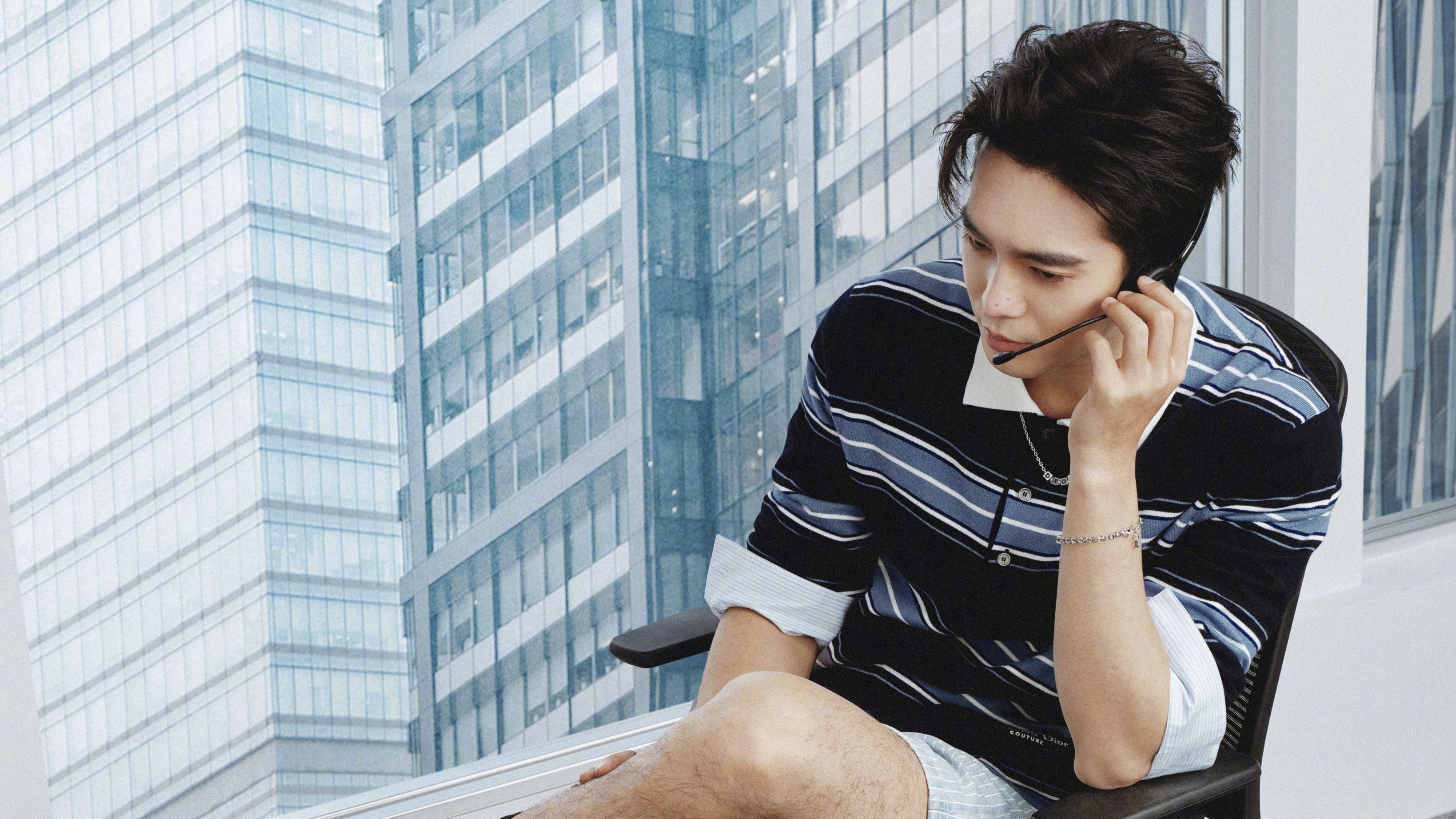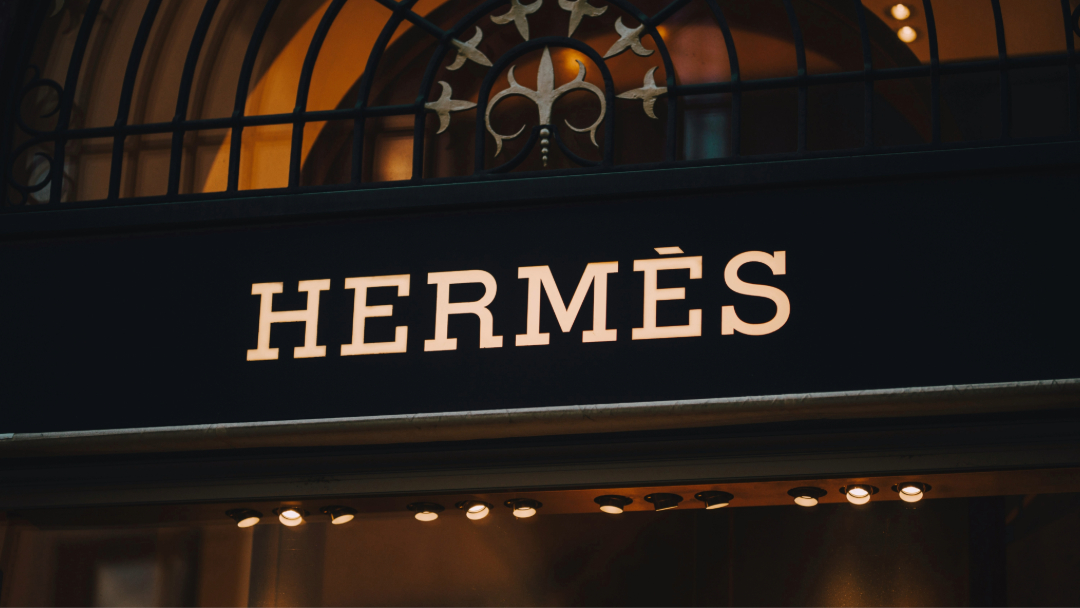Future-proofing is easy enough to understand, but not easy to achieve because it requires a holistic approach that includes both visionary and agile strategising, the exploration of upcoming business models, the continuous renewal of resources and capabilities and the emergence of an internal culture fostering adaptability, flexibility, and entrepreneurship, says Stéphane J.G. Girod, Professor of Strategy and Organizational Innovation at IMD.

Imagine a scenario where the technology on which you built your brand desirability was suddenly completely obsolete. Or having to shut down all your operations in a country because of climate change, epidemics, or geopolitical tensions. Or paying twice the price for the leather that you use to produce a luxury handbag because the price has skyrocketed due to inflationary pressures. Or seeing so much demand for your product, that the waiting lists were at least two years long because you cannot produce enough to meet it.
All these scenarios have one thing in common. They are all true and have all happened over the past two years. And while we have seen luxury brands bounce back even stronger than before from the global COVID-19 pandemic, we have also witnessed unforeseen events that have created waves of instability and uncertainty over what is to come, making it hard for luxury companies to predict what lies over the hill in the next few years.
Historically, luxury is an industry that appears to be more resilient than most. Since the early 1990s, it has grown more than four times in value. Downturns have been short and have always preceded steeper growth. For professionals accustomed to such success, it might seem futile to talk about volatility, future readiness, and change. Why change at all, when all in your industry are saying: “we’ve never had it so good.”
However, luxury is at a turning point, one where what is currently desirable will change over the next few years. And it is because we are at this crucial point that it will become essential for luxury professionals to know how to identify upcoming opportunities as well as know how to make relevant decisions using agility, in order to future-proof their business.
This year, IMD’s annual Reinventing Luxury Lab (RLL) will be held at Automobili Lamborghini’s headquarters in Sant’Agata Bolognese, Italy, where the focus for our luxury professionals participating in our once-in-a-lifetime experience, will be to truly immerse themselves in the world of one of the world’s most iconic luxury automobile brands.
The two-day workshop, designed for executives and professionals within the luxury industry, will demonstrate to our participants how to embrace future proofing from a holistic point of view, from analysing Lamborghini’s story as an example and its present-day reality, to embracing cultural changes required to match employee’s changing expectations, as well as how to navigate a volatile geopolitical landscape and the changing realities in innovative retail and distribution.
Now more than ever, we are living through several ruptures. To name a few: the hard economic landing in China, and the possibility of a global recession are looming large, de-globalisation, the unprecedented strain on supply chains, risks of nuclear conflict between democracies and autocracies, a climate and environmental crisis that is growing by the day, looming water and energy shortages in Europe and rapidly changing employee expectations combined with a war for talent.
It’s clear that these forces are coalescing, creating the need to call into question how luxury brands can sustain their desirability and differentiate going forward.
What is less certain is how these forces will play out: for instance, could the trend of celebrities being pilloried on social media for their private-jet addiction be a foretaste of wider things to come for luxury brands? After all, the top 1 percent of the wealthiest emit almost three times as much CO2 (in tons) than the other 99 percent, according to a 2022 study by Statista. If so, luxury actors had better reflect now on the future meaning of luxury for society. Luxury cannot afford to have another situation like in 1789 when the French aristocrats were caught by surprise.
This year’s edition of the RLL is a call to fight complacency and avoid the “success trap”. It’s about reimagining the business models of tomorrow and preparing for the future success factors of brand desirability.
Future-proofing is easy enough to understand but it’s not that easy to achieve because it requires a holistic approach that includes visionary and agile strategising, the exploration of upcoming business models, the continuous renewal of resources and capabilities, and the emergence of an internal culture fostering adaptability, flexibility, and entrepreneurship.

Credit: Courtesy.
And when you take these things into account, it’s truly remarkable what Automobili Lamborghini has achieved, representing the perfect microcosm of what has happened in luxury so far, and the perfect vehicle through which to explore what could be at stake in the future. Did you know that it is the most popular automobile brand in the world with 32 million followers on Instagram?
And yet, Lamborghini was not born as a luxury brand; rather it was a brand born to break the limits and conventions of its industry: for instance, it was the first to bring a super sports car to non-professional drivers and to combine a super sports car with an SUV (Sport Utility Vehicle), as far back as the 1960s.
What’s interesting is how the brand has patiently built a luxury strategy over the past decade, under the leadership of Stephan Winkelmann, forcing even Ferrari to play catch up.
This strategy has been based on clear pillars: using the radical Italian design DNA of the brand to accelerate product innovation, managing product scarcity, delivering total consistency and reliability, rising the personalisation program to unprecedented levels, and outstanding customer centricity both on the human and digital side of the business. All this has allowed the brand to reach operating margins that are now consistent with leading luxury brands.
What’s also interesting is the generalisability of the Lamborghini case in terms of the challenges it faces going forward to reinvent its pillar of desirability in volatile times. For example, how does it reinvent itself for greater environmental sustainability and social inclusion? What kind of new capabilities will it need and how will it bring them onboard? What cultural changes will it need to continue manufacturing and how can it secure the best talents in a highly competitive job market?
In terms of experience, our participants will visit one of the assembly lines and the Lamborghini Museum. They will draw lessons from decades of accomplishments and diagnose the challenges for the brand by using IMD’s newly released Lamborghini case study.
The cherry on the cake is how they will dialogue with top executives about how they are planning to continue future-proofing the brand. We can only thank the brand and its management for their trust towards IMD and our participants.
Going forward, we see great opportunities to partner with luxury’s main actors to create unique, experiential learning moments. Exploring all of this and more will be our special guest speakers from Automobili Lamborghini: Stephan Winkelmann, President and CEO and Federico Foschini, Chief Marketing and Sales Officer, as well as other key team members Umberto Tossini, Director of Human Resources and Organisation, Domenico Beccia, Customer Journey and Retail Marketing and Andrea Puggelli, Head of Customer Journey.
Also joining us will be Agostino Iacobucci, Michelin Star Chef, David Bach, Dean of Innovation and Programs at IMD, Winter Nie, Professor of Leadership and Change Management/Strategy at IMD, Benedicte Soteras, Head of Client Services at DLG, Alex Wood, Managing Director, Europe at Forbes and Federico Capeci, CEO at Kantar Italy.
To apply to take part in the Reinventing Luxury Lab, taking place in Bologna on October 6th, please click here. We look forward to seeing our participants there.










